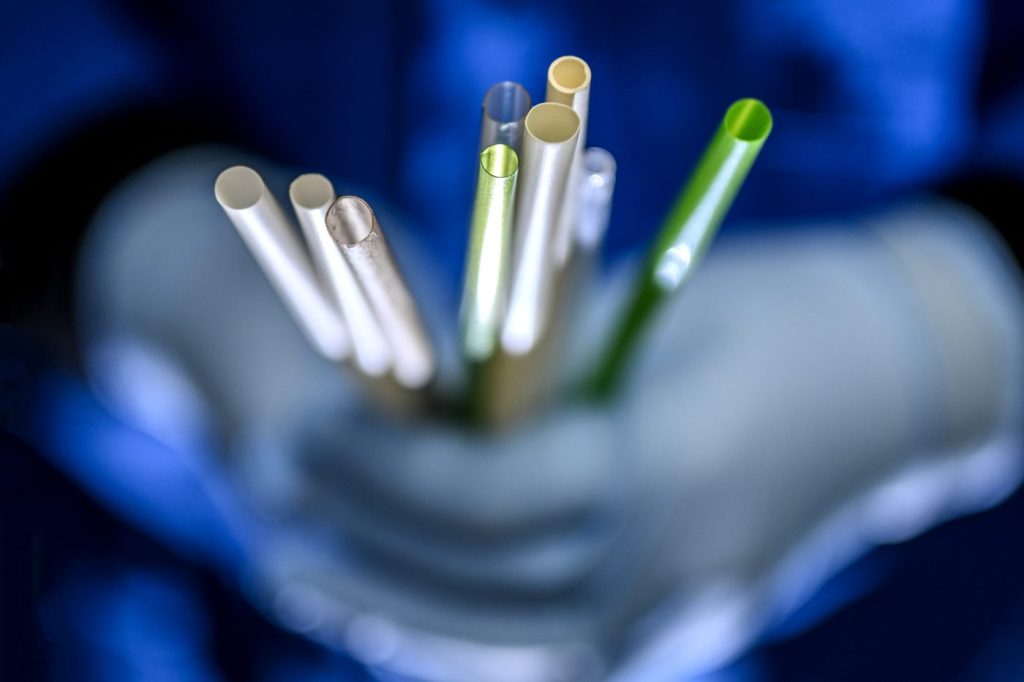The Berlin Wall in Retrospect
Since the Berlin Wall was dismantled and the former Soviet Union dissolved, Russia has moved to a two-party political system and a market economy. The former communist country has made great gains in the global economy, but the commitment of Russia’s leaders to democratic political values is questionable. President Barack Obama recently chided Russian Prime Minister Vladimir Putin for keeping “one foot in the old ways of doing business.”
Watch T. Anthony Jones and Harlow Robinson discuss the fall of the Berlin Wall here.
Examining Russian culture, politics and business two decades after the Berlin Wall came down are professors T. Anthony Jones andHarlow Robinson (in video), and Sheila M. Puffer (in print).
• Jones is associate professor of sociology and executive director of the Gorbachev Foundation of North America. He has written extensively on Russia.
• Robinson is a Matthews Distinguished Professor of Language, Literatures and Culture, and an expert on Russian history.
• Puffer is the Walsh Research Professor and Cherry Family Senior Fellow of International Business, with a research emphasis in Russia and Eastern Europe.
Sheila Puffer discusses Russia’s post-Soviet economy and the stake it has in maintaining stability with the West.
Do you think Russia will return to a Cold War-style political posture towards the West?
Russia still sees itself as a major world power, and wants to exert its influence in a very visible way on the world stage. So although there may be some rumblings of Cold War talk, I don’t believe we’ll see a full return to that. Russia is far too invested in the global economy to risk taking that political strategy.
Prime Minister Putin and other government officials are hosting meetings to try to attract more foreign investment into Russia. Russia could lose out if it closed in on itself again.
Interestingly, since the collapse of the Berlin Wall, there are differences in how people in Russia and in Europe view the old communist bloc’s shift to a market economy. Those attitudes seem to break down along generational lines.
According to The Pew Global Attitudes Project, which polled attitudes in Europe and Russia, they found distinct differences between those born after or before the Berlin Wall was taken down.
Of those born around the fall of the Berlin Wall, 60 percent approved of Russia’s change to a multi-party system and a market economy. In contrast, of those who were over the age of 60, only 27 percent approved.
Since the wall’s collapse, how has Russia’s position in the global economy developed, alongside that of China and India?
Russia, India and China, the so-called “RIC’s,” loom large in many ways. Not only do they occupy 20 percent of the world’s landmass, but it is predicted that by 2050, their economies could surpass the economies of the other G-8 members (France, the United States, the United Kingdom, Germany, Japan, Italy and Canada.)
Prime Minister Putin signed deals with China recently worth a record $3.5 billion, to collaborate on developing power plants and energy and transportation infrastructure.
On November 3, RusAl (Russia Aluminum) signed a contract to sell 1.68 million tons of aluminum to China to the Chinese state conglomerate NORINCO, over the next seven years. That’s an important development.
In October, Russia and India announced a joint development project to create a new, supersonic missile. These countries already successfully collaborated on a lunar mission as well as various satellite launches, using Russian technology.
And just this past September, India and Russia decided to partner on nuclear, biotechnology, nanotechnology and core infrastructure projects.
Russia is important to the global economy for a number of reasons. Number one, it has four times the household income of India, and ten times that of China. They’re a good market for consumer goods, and they’re building up a well-educated consumer class.
Russia has vast natural resources. It’s the world’s top oil and gas producer, providing 25 percent of European energy, and 100 percent to Baltic countries. It has the number one gas reserve in the world, and the second largest oil reserve, edged out only by Saudi Arabia. It is number three in the world in foreign currency reserves — they’re sitting on a lot of money, and that should continue.
Russia is crucial to the global economy, and I don’t see it allowing a political situation with the West undermine what it is accomplishing.





